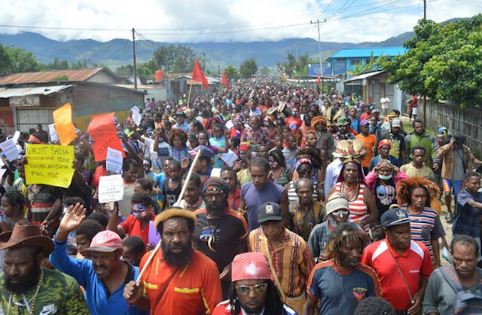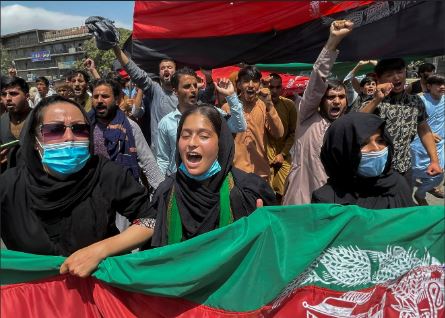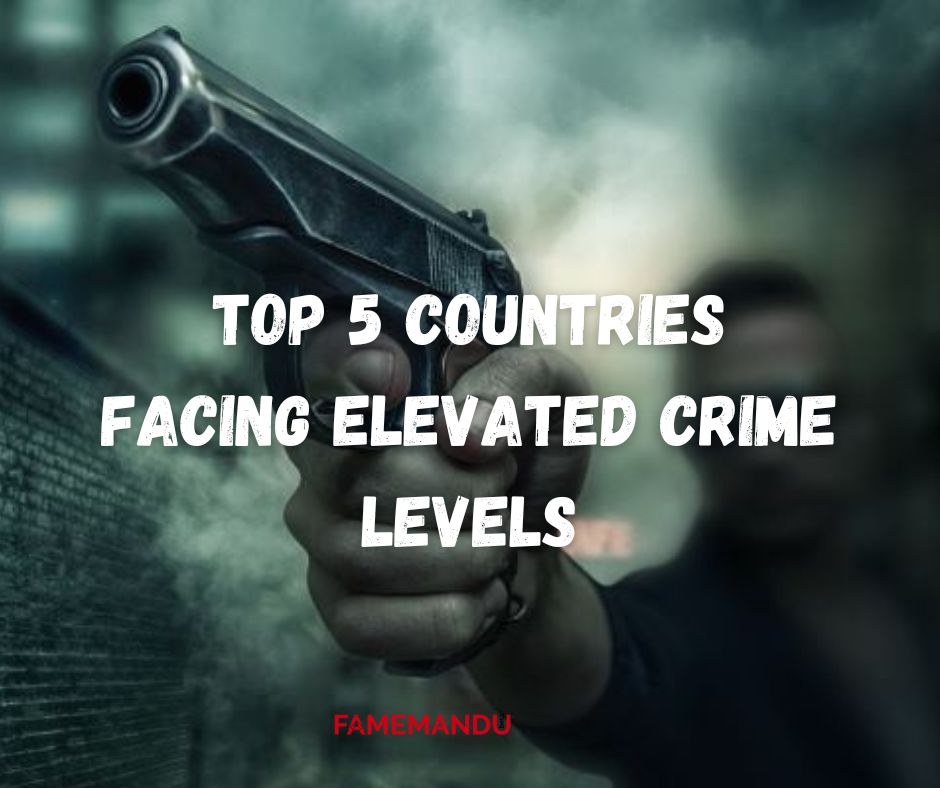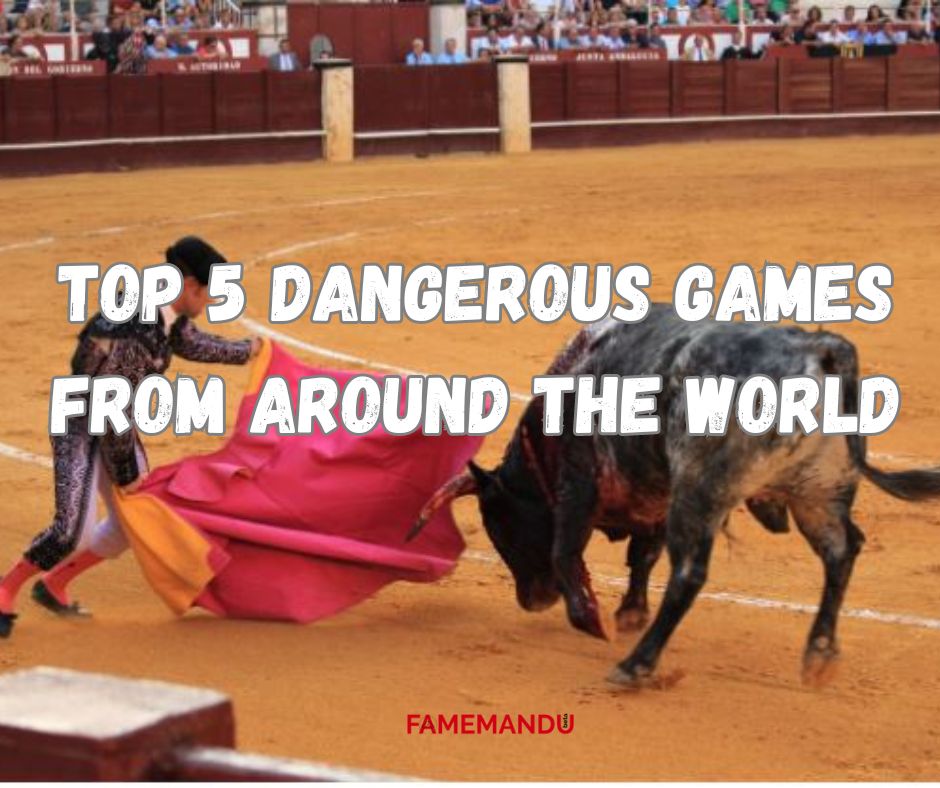1. Venezuela
Venezuela has experienced severe problems with high rates of violence and criminal activity, as well as crime rates. The nation has continuously been rated among the countries with the highest rates of crime, mostly due to social problems, political upheaval, and economic instability. Murders and kidnappings are examples of violent crimes that have raised serious concerns. Although the country’s position varies, it is frequently listed as one of the top nations in the world for crime rates. Public safety has been greatly impacted by these problems, which have an impact on people’s daily lives and have prompted initiatives to address the underlying causes. In order to effectively combat crime in Venezuela, a comprehensive strategy that takes into account the political, social, and economic elements that contribute to the difficult security climate is needed.

2. Papua New Guinea
Papua New Guinea (PNG) faces difficulties with public safety due to high rates of crime, especially in metropolitan areas. The criminal landscape of the country is diverse, ranging from minor theft to more major crimes like robbery and intertribal disputes. PNG routinely ranks among the nations with the highest rates of crime; the difficulties are exacerbated by socioeconomic disparity, a dearth of resources for law enforcement, and complicated societal structures. Though the nation’s ranking may differ, violent crimes and property-related offenses continue to be a source of concern. In order to combat crime, Papua New Guinea focuses on enhancing law enforcement’s capacity, encouraging community involvement, and tackling socioeconomic issues. In order to promote a safer environment and improve the general well-being of the populace, these challenges must be addressed.

3. South Africa
South Africa has always struggled with a high rate of criminality. The nation has continuously been rated among those with higher rates of crime, especially when it comes to serious crimes like robberies, assaults, and homicides. These high crime rates are caused by a number of factors, such as historical problems, urbanization challenges, and socioeconomic inequities. The South African government has taken a number of steps to combat crime, but these problems are complicated and will take time to resolve. Notable issues with crime have been faced by cities such as Johannesburg and Cape Town. For the most recent rankings and information on crimes, it is imperative to refer to recent sources because things might change over time.

4.Afghanistan
Afghanistan has long grappled with complex security issues, making it challenging to establish precise crime rates. The nation’s security challenges are deeply intertwined with ongoing conflicts, insurgency, and the presence of various armed groups. The absence of a stable environment has led to difficulties in collecting and maintaining accurate crime statistics. Traditional crime rate rankings often prove insufficient due to the unique nature of Afghanistan’s security concerns. Instances of criminal activities are often overshadowed by broader security issues, including terrorism and insurgency. The evolving situation in Afghanistan underscores the need for nuanced understanding, and any assessment of crime rates should be contextualized within the broader challenges the country faces in maintaining stability and security.

5. Honduras
Honduras has always struggled with high rates of crime, especially violent crimes. The nation has been classified as having one of the highest rates of crime in the world, dealing with problems including killings, robberies, and gang-related activities. A lack of resources for law enforcement, unemployment, and poverty are some of the factors that contribute to the crime problem. A country that has historically had high homicide rates per capita is Honduras, which is indicative of the influence of organized crime and drug trafficking. Cooperation between national and international organizations is required to tackle these problems, with an emphasis on improving the legal and law enforcement systems as well as tackling socioeconomic inequalities. Because of the dynamic nature of the situation, continuous efforts are essential to reducing crime and enhancing public safety in Honduras.







Leave a Reply